By: Pegah Jalali @pediatric.dietitian
Feeding babies and toddlers is not that different! Babies are learning to eat, and so are toddlers. Babies and toddlers have high fat needs, so it is important to provide healthy fat sources like avocados, cheese, fatty fish like salmon, and nut butters like almond and peanut butter.
Baby and toddler brain and central nervous system are still growing, so they have higher fat needs to support their development. Other fat sources to consider adding to your child’s diet include olive oil, mayonnaise, full-fat yogurt, coconut milk, hemp, flax, and chia seeds.
Babies and toddlers are at risk of choking. Food may need to be modified for both babies and toddlers to ensure that they are safe for them to eat. Many sometimes believe that toddlers can safely consume foods without modification, but they are still not chewing their food well.
Hard round foods like nuts, edamame, cherry tomatoes, and grapes will still need to be modified for toddlers. Thick globs of nut butters like almond butter are a choking hazard for both babies and toddlers. It is best to thinly smear these foods on toast or fruit.

Current research shows that early introduction to common food allergens like soy, dairy, peanut butter, and almond butter can help protect your child from developing allergies in the future.
Research also shows that babies and toddlers need to continuously be exposed to food allergens for the protection to last. Many think that if they once introduce a food allergen to their baby, that guarantees that their baby will not have a food allergy for life.
However, food allergies can develop at any age, and current research suggests that early introduction and frequent exposure help protect children from developing food allergies.
Babies and toddlers can both safely eat seasoned and spiced foods! Babies just need to consume very little salt. It is recommended that babies consume under 400 mg of sodium per day. Both formula and breastmilk contain some sodium, so it is best for babies to have foods prepared with very little to no sodium. Toddlers can safely consume up to 1500 mg, so they can safely eat foods prepared with salt.
Babies and toddlers both need iron. Iron-rich foods like beef, lamb, chicken, fish, shellfish, beans, tofu, spinach, edamame, and lentils are great additions to babies’ and toddlers’ diets. Iron is important to support your baby and toddler’s growth and development.
Toddlers have higher calcium needs than babies, so it is important to introduce calcium-rich foods to babies so that they learn to eat them as toddlers. Calcium-rich foods include dairy products like cheese, yogurt and milk, sesame seeds, tofu, green leafy vegetables like broccoli, swiss chard and collard greens, and oats.
If you found this helpful, check out Pegah's tips for introducing dairy to your baby!
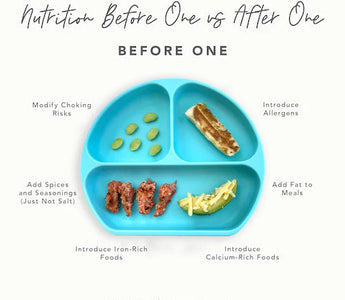

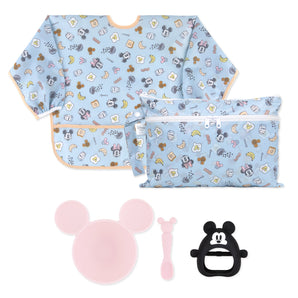

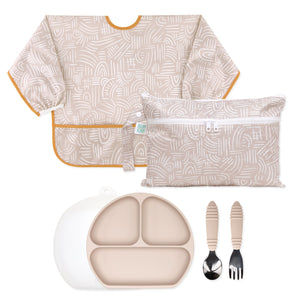
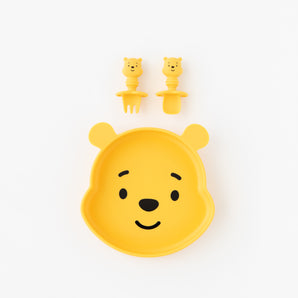
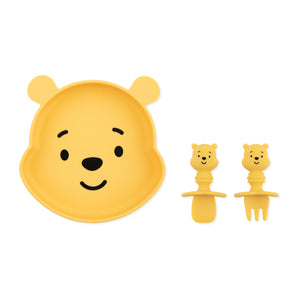
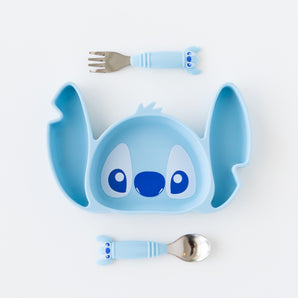
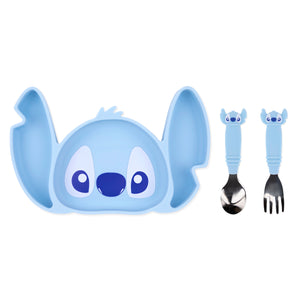
Great read! Many parents look for safe and nutritious calcium rich foods for babies, and this article explains it so well. Foods like fortified cereals, tofu, broccoli, and homemade curd are excellent choices for growing toddlers. Thanks for sharing these insights!
https://bygrandma.in/